The UK’s approach to immigration is complex and often contentious. Here are 20 surprising facts about these policies that shed light on their scope and impact.
1. Points-Based System
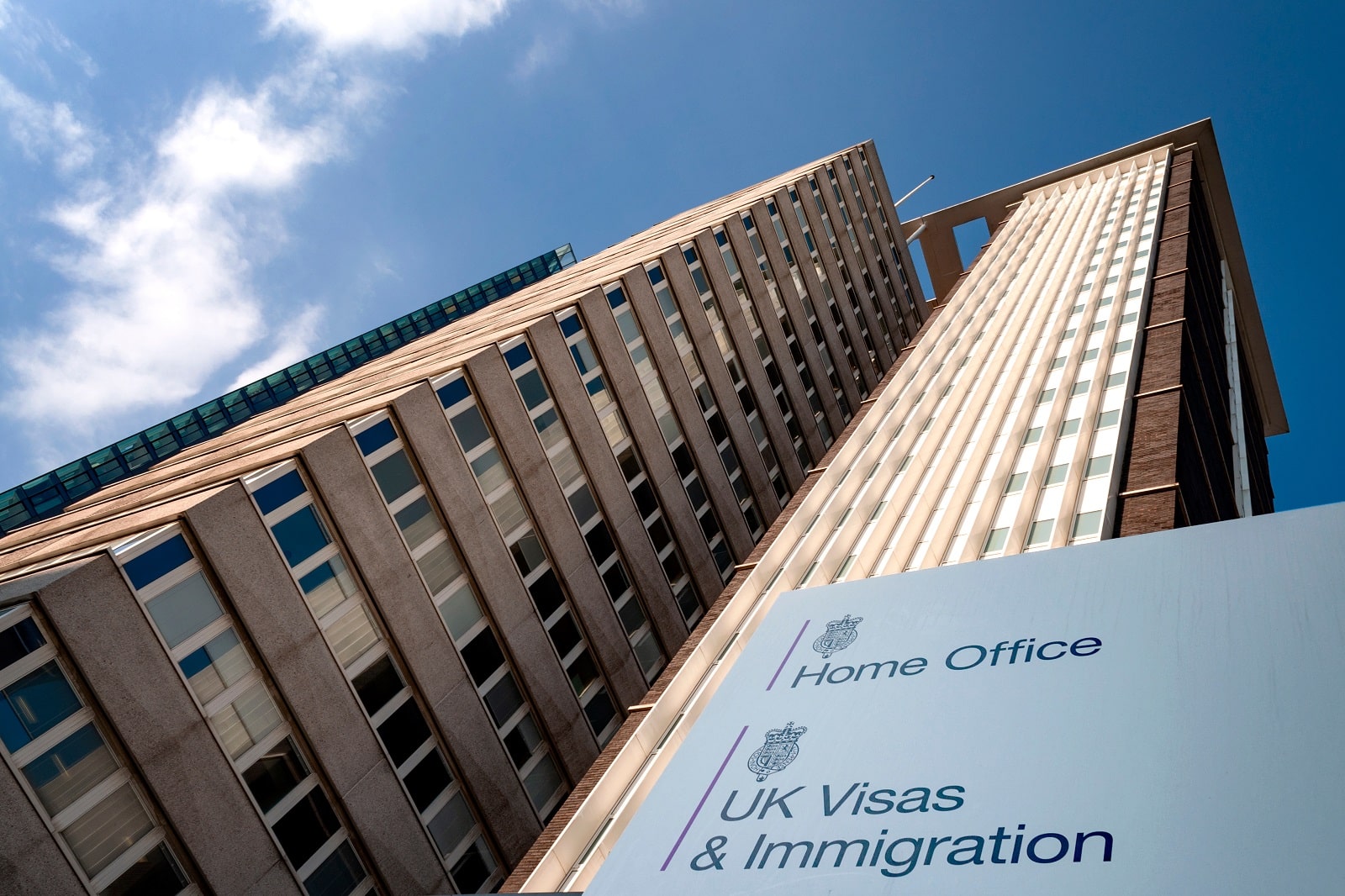
The UK uses a points-based immigration system, focusing on skills and qualifications to determine eligibility, much like Australia and Canada.
2. Health Surcharge Increase

Immigrants must pay a health surcharge to access NHS services, which has seen significant increases in recent years.
3. High Visa Refusal Rates

The UK has one of the highest visa refusal rates among European countries, particularly for African and Middle Eastern applicants.
4. Strict Income Requirements

Family visas require a minimum income threshold, often criticised for being prohibitively high and separating families.
5. Detention Without Time Limit

The UK is the only European country that detains immigrants indefinitely while their status is processed.
6. Controversial Deportation Practices
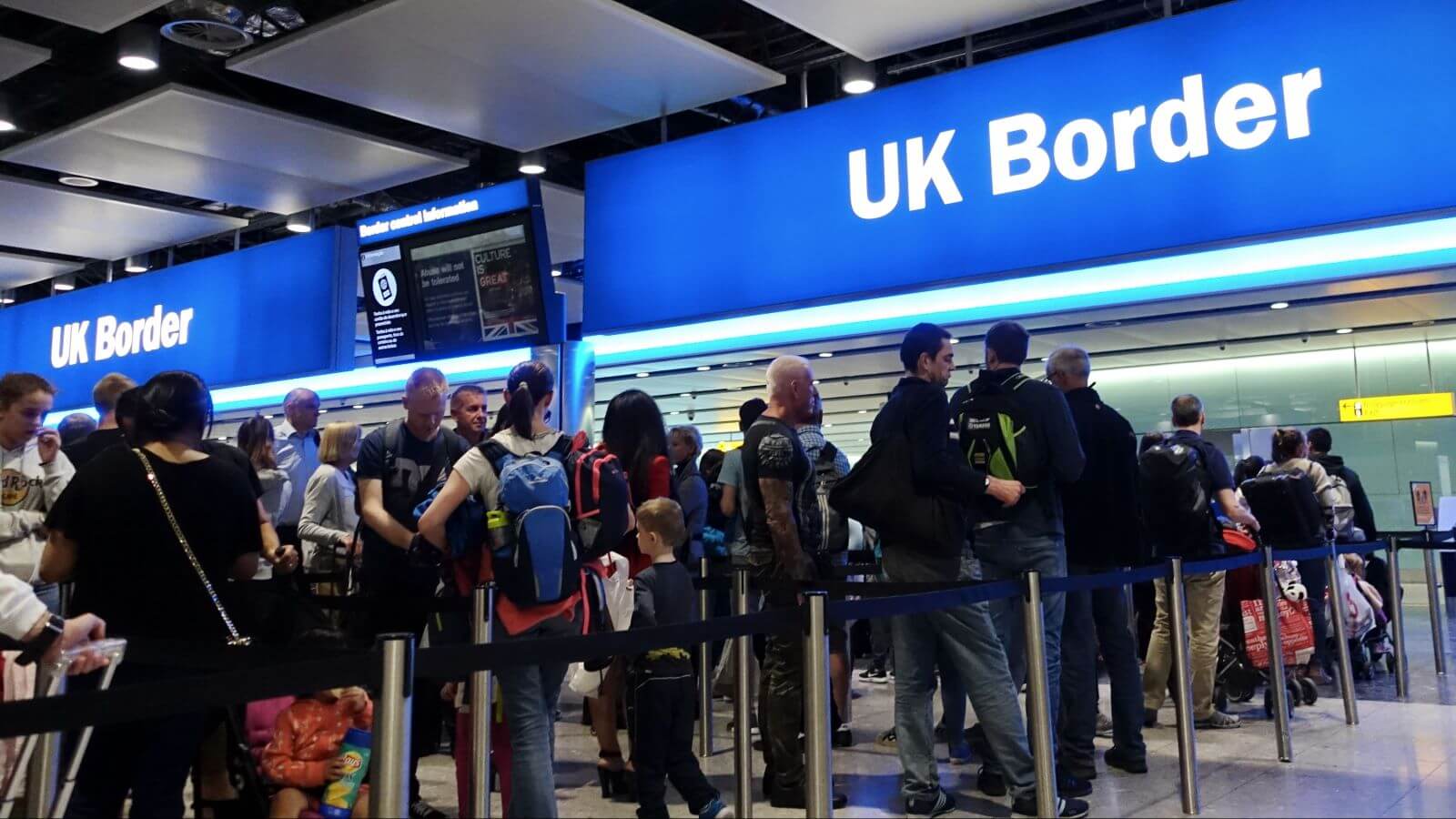
The UK has faced criticism for deporting people to countries where they face persecution or serious harm.
7. Windrush Scandal

The Windrush scandal exposed wrongful detentions and deportations of legal residents who were mistaken for illegal immigrants.
8. Surprisingly Low Refugee Acceptance

Despite its reputation, the UK accepts a relatively low number of refugees compared to other major European countries.
9. Expensive Visa Fees

The UK’s visa fees are among the highest in the world, making it difficult for lower-income individuals to migrate legally.
10. Language Requirements
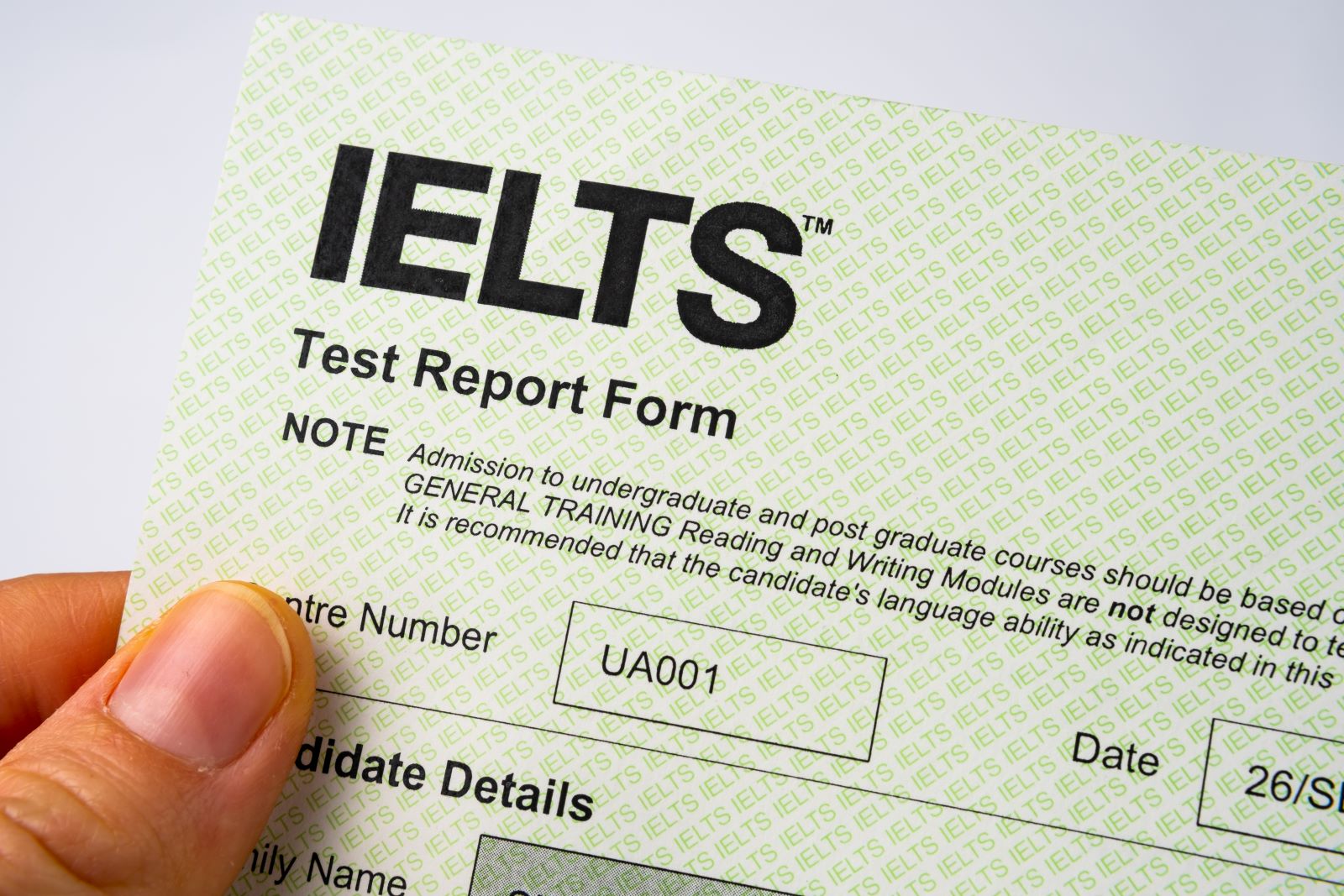
Immigrants must meet stringent English language requirements, which have tightened over the years.
11. No Recourse to Public Funds

Many immigrants, even those legally in the UK, cannot access public funds such as welfare benefits, driving them into poverty.
12. Skilled Worker Shortages

Despite needing more skilled workers, the UK’s immigration policies often hinder the ability of sectors like health and engineering to recruit talent.
13. Biometric Residence Permits

All immigrants staying longer than six months must have a biometric residence permit, involving fingerprints and a photo.
14. Sponsorship System for Students

International students must be sponsored by a licensed institution, making their visa contingent on continuous study.
15. Asylum Seeker Work Restrictions

Asylum seekers are generally not allowed to work while their claims are being processed, leading to financial distress.
16. Investor Visa Closure
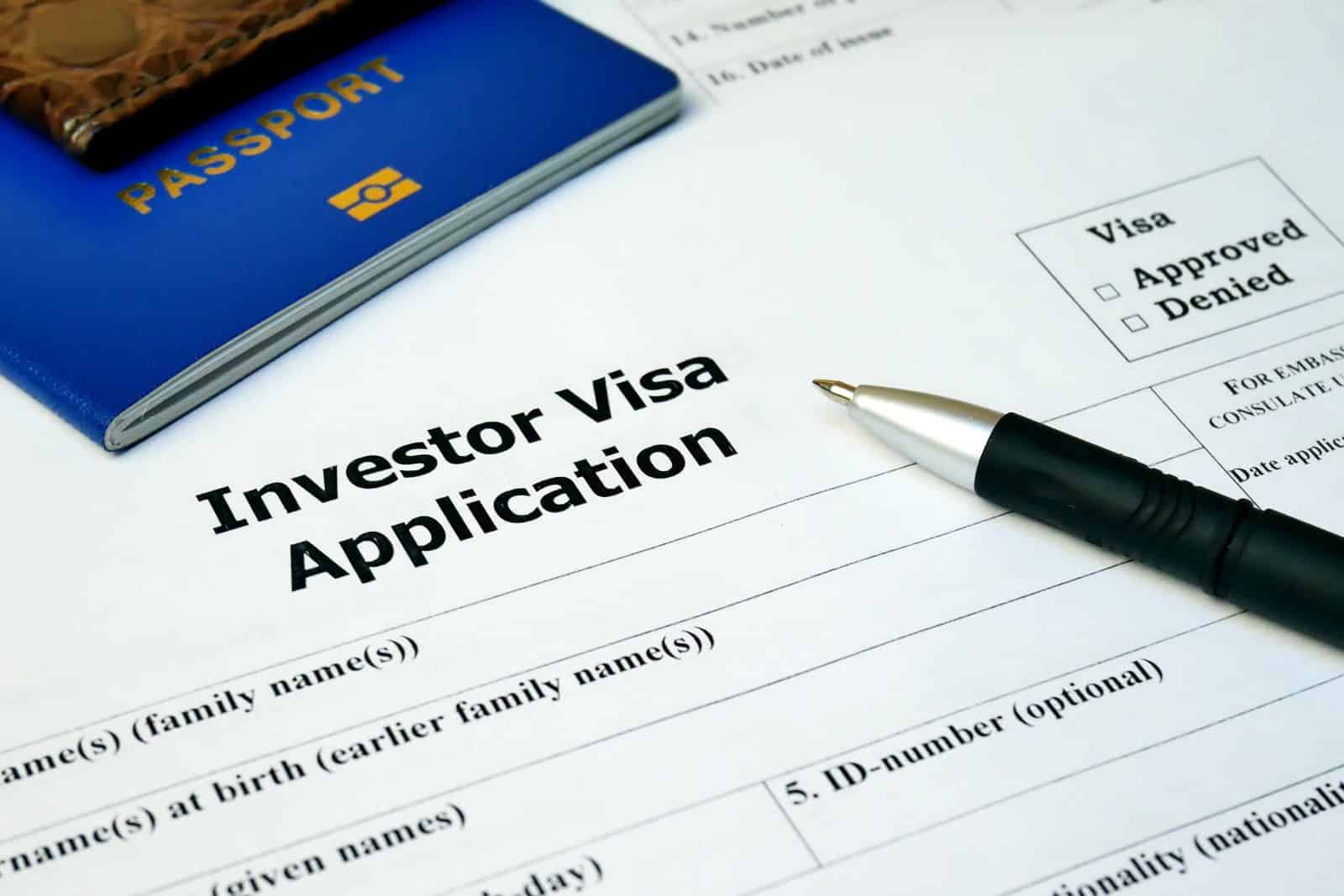
The UK abruptly closed its Tier 1 Investor Visa route in 2022, citing security concerns and abuse of the system.
17. “Good Character” Requirement for Citizenship
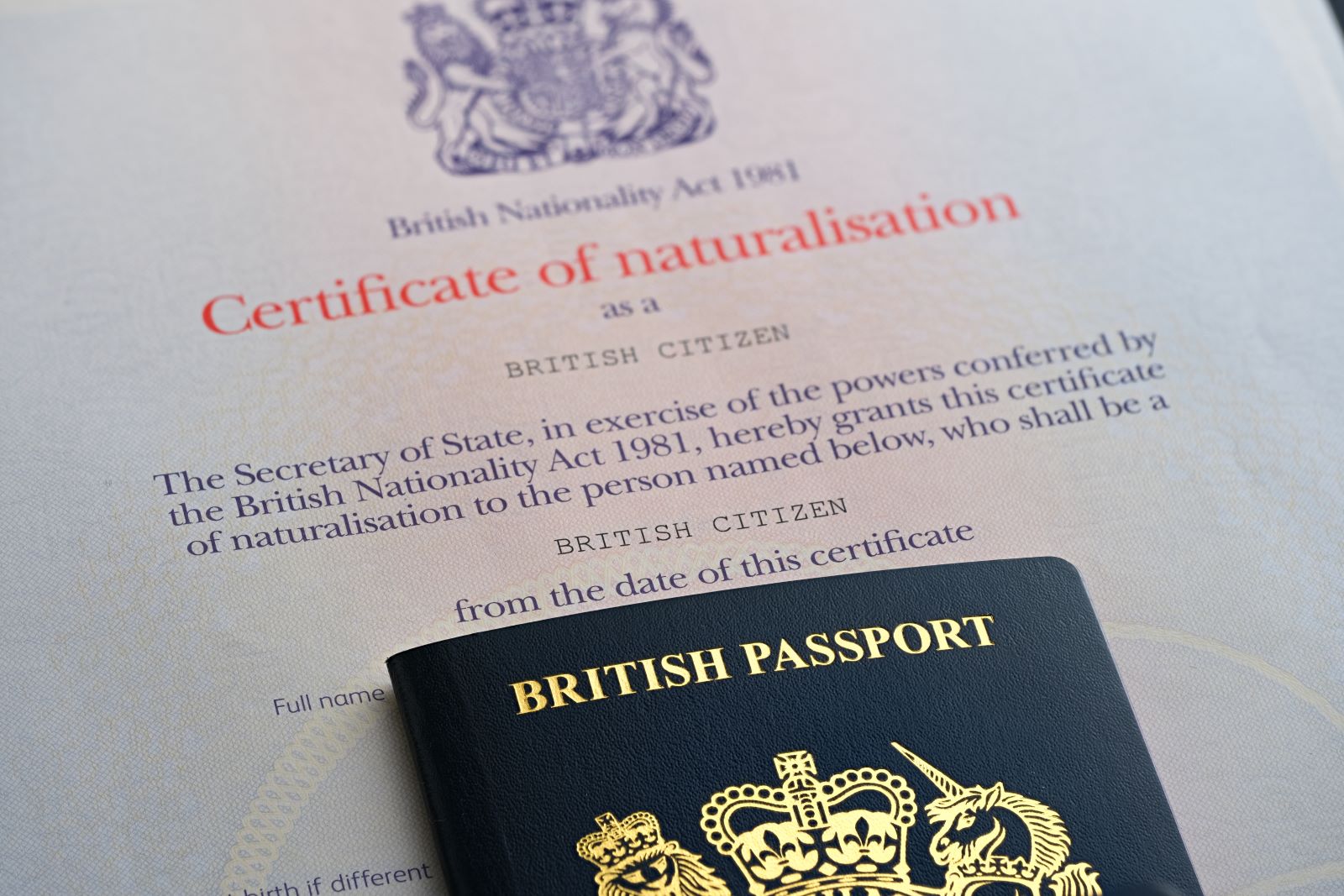
Applicants for British citizenship must prove they are of “good character,” which can include scrutiny of minor legal infractions.
18. Country-Specific Bans

The UK imposes entry bans from specific countries based on health and security risks, often leading to abrupt travel disruptions.
19. Complex EU Settlement Scheme

Post-Brexit, EU citizens had to apply through a complex settlement scheme to retain their residency rights, causing confusion and anxiety.
20. Surrogacy and Statelessness Issues

Children born through international surrogacy can face statelessness due to gaps in UK immigration law, leading to complex legal challenges.
A Deeper Look Required?

These facts highlight the intricacies and controversies surrounding UK immigration policies, demonstrating a system that is as complex as it is impactful. Each point invites deeper reflection on the balance between controlling borders and upholding human rights.
Featured Image Credit: Shutterstock / Sean Aidan Calderbank.
For transparency, this content was partly developed with AI assistance and carefully curated by an experienced editor to be informative and ensure accuracy.

